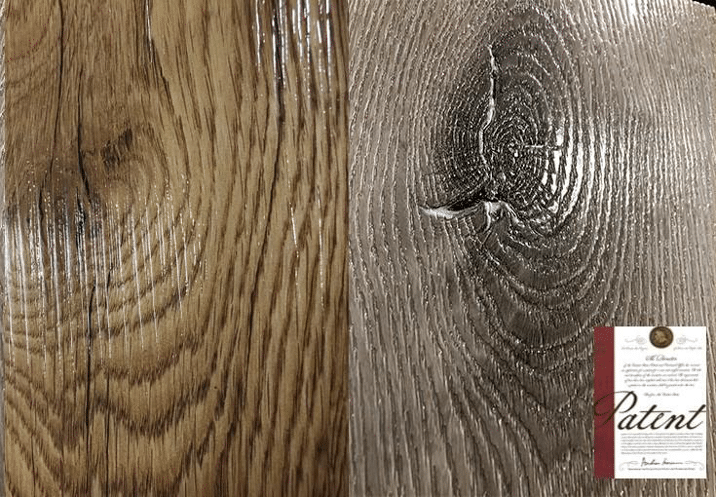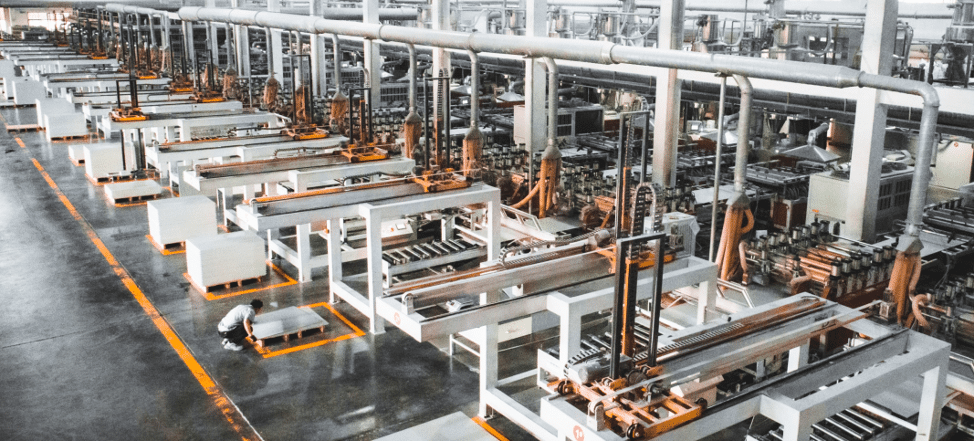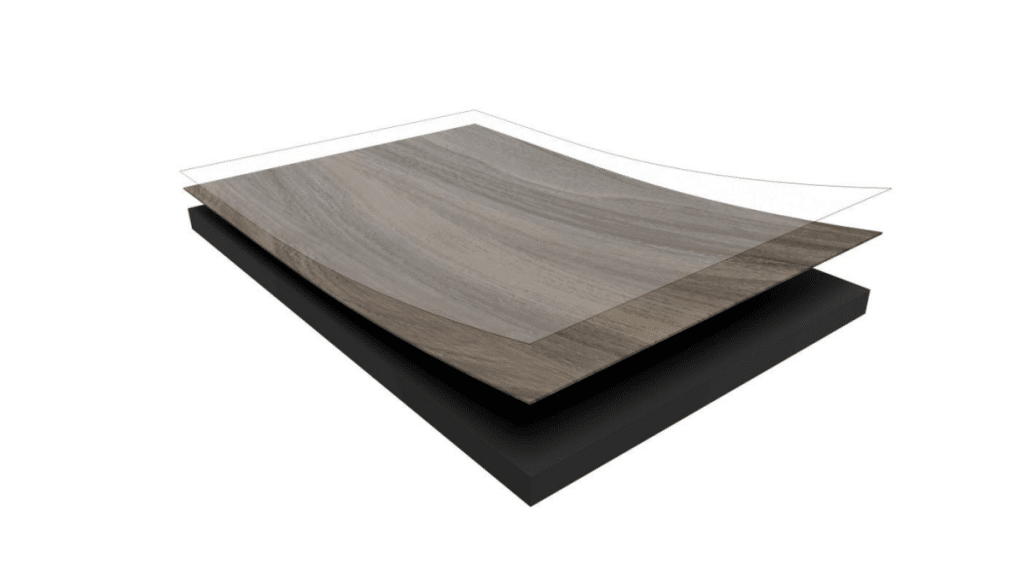PVC floors are popularizing constantly these days in both residential and commercial areas. This is primarily due to their durability, water resistance, and low maintenance demands. They come in myriad designs and textures—just like natural wood and stone—as a cost-effective option for areas with high traffic and moisture.
That’s why you should go through integral things about PVC floors, including their structure, benefits, common questions, and more. Let’s find out why upgrading to PVC flooring is worth it.
What is a PVC Floor?
A PVC floor—which is the short form for polyvinyl chloride floor—is a style of long-lasting flooring composed of synthetic plastic material. It is widely recognized for its heightened durability, water resistance, and effortless maintenance.
The main types of PVC floors are as follows:
- Planks: PVC flooring planks are analogous to wood. They are generally appropriate for a natural and rustic appearance.
- Tiles: PVC flooring tiles are presented in diverse patterns, which makes them effortless to customize and replace.
- Sheets: This type of PVC floor is mostly installed in large spaces. It delivers a harmonious appearance and is greatly resistant to water.
The table below compares these PVC flooring types in terms of diverse criteria.
| Criteria | Planks | Tiles | Sheets |
| Appearance | Resembles wood, giving a natural, rustic look | Available in various patterns and colors | Seamless appearance, ideal for large areas |
| Customization | Limited customization once installed | Highly customizable, easy-to-replace specific tiles | Low customization after installation |
| Installation | Easy to install; click-lock or adhesive | Simple to install, can replace individual tiles | Requires professional installation for best results |
| Water Resistance | High water resistance | Good water resistance | Excellent water resistance, ideal for wet areas |
| Best Use Cases | Living rooms, bedrooms, areas with moderate traffic | Kitchens, bathrooms, commercial spaces | Large areas like basements, hospitals, bathrooms |
Advantages of PVC Flooring
PVC floors generally come with diverse advantages. This makes them a highly loved choice for the majority of spaces.
- Durability: PVC floors are engineered to cope with heavy foot traffic. They are enormously enduring against scratches, dents, and wear. This is why they are perfect options for busy households or commercial environments.
- Water and Stain Resistance: PVC flooring is strongly invulnerable to moisture. This helps it prevent damage from water, hence a top choice for kitchens and bathrooms. Its non-porous surface is also resistant to stains, thereby offering simplified cleaning and upkeep processes.
- Cost-Effective: PVC floors are much more affordable than hardwood or stone. They come with a prolonged lifespan and minimal maintenance, which makes them a fruitful choice in the long run with no need for repetitive replacements.
- Versatility: PVC floors are incredibly adaptable. They are obtainable in multiple styles, colors, and textures. This empowers them to resemble natural wood, stone, or tile. Therefore, homeowners can obtain a delicate look without breaking the bank.
- Eco-Friendly: The majority of PVC floors are framed from eco-friendly materials. Some manufacturers benefit from recycled content or create low-VOC (volatile organic compound) options to manufacture these floors. This makes these floors a sustainable option for consumers who are highly concerned about the environment.

FAQs About PVC Floors
Q: How long does PVC flooring last?
A: PVC flooring is highly enduring. If you maintain it properly, this flooring can last between 10 and 20 years. In some cases, quality PVC flooring can even last longer.

Q: Is PVC flooring slippery?
A: Generally speaking, PVC floors come with a slip-resistant surface. Still, some finishes might be different. Most options offer an additional anti-slip coating, which makes them a proper choice for moist areas such as kitchens and bathrooms.
Q: Is PVC flooring better than vinyl?
A: PVC flooring is in fact a type of vinyl flooring. However, it comes with a more flexible and softer texture. Other types of vinyl—including luxury vinyl tile (LVT)— may feel firmer. PVC flooring is adored for its affordability, resilience, and low maintenance needs, hence a top choice for those looking for endurance and style that doesn’t cost a fortune.
Conclusion
PVC flooring is an enduring, versatile, and inexpensive option for residential and commercial areas. Since it is water-resistant, eco-friendly, and versatile in style, consumers know it as an outstanding choice for various spaces.
If you need PVC flooring, cooperating with a dependable manufacturer is of great importance. Boyu is a trustworthy leader in the PVC flooring production industry, which is broadly recognized for innovation and over 100 technical patents.
Boyu’s environmentally friendly extrusion production line supplies top-quality flooring with no formaldehyde or heavy metals. From SPC to LVT and WPC, Boyu’s specialized plastic extruder machine solutions will help you gain a foothold in the PVC flooring market. If you intend to handle your flooring needs, look no further than Boyu!

